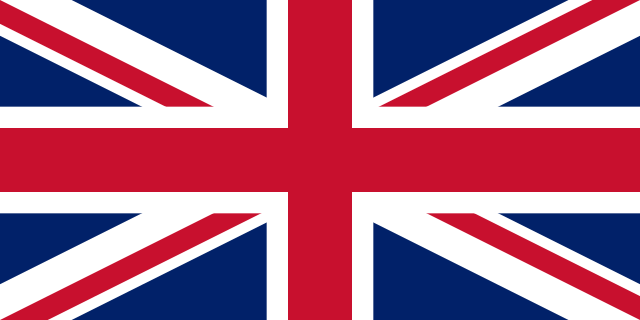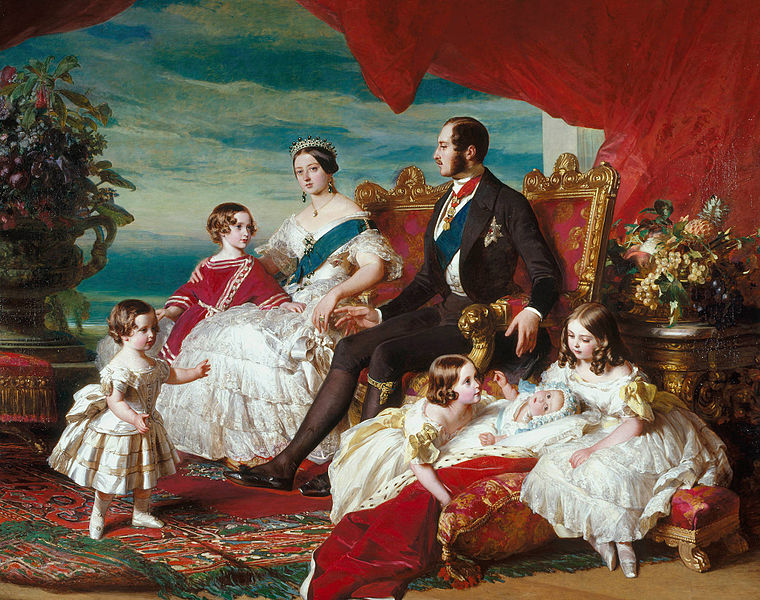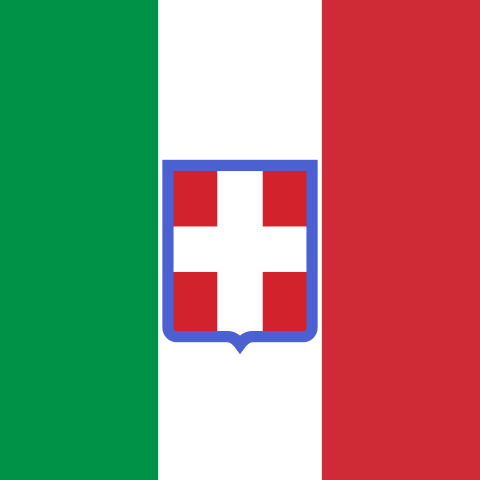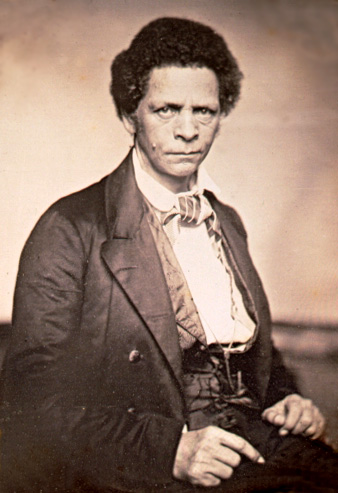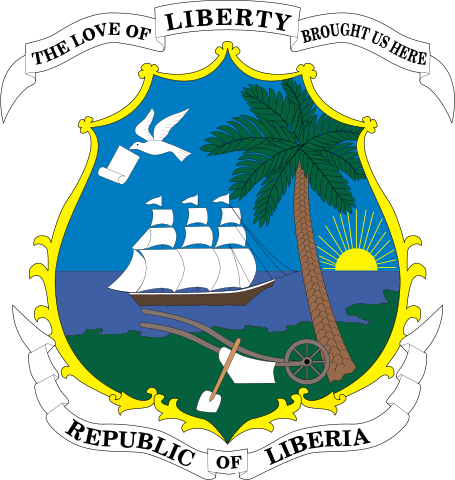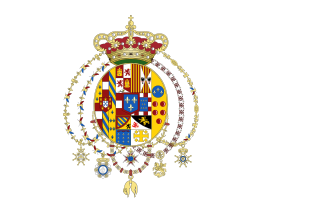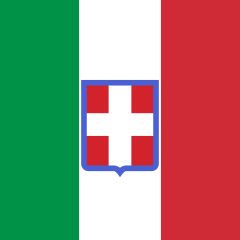
Greetings, one and all, and welcome to World in Revolution: 1848 This is the next installment in the popular World in Revolution forum game series, and the first that I will be hosting. The concept of this game was created and developed, and with most iterations hosted by, the wonderful Frymonmon, who passed away a little over a year ago into the arms of Lenin.
The game itself is quite simple. A person will take the helm of one country of any in existence in the year 1848. Through player choices and interaction, these players will guide their country through the turbulent second half of the nineteenth century. Will history repeat itself? In many situations, it is likely. Will a new path be taken in others, creating new possibilities only hypothesized of today? No doubt. Modern world history is, quite effectively, in the hands of the players.
A few days ago a thread was created and a signup period conducted, where we determined who exactly would play each [listed] nation. A detailed list of our initial roster will be provided below in the national statistics. Before the game begins, however, we must lay the groundwork of a few rules, and how exactly the game will function.
Rules & Procedures
Each player is required to roleplay the government of their assigned country. If this confuses you, read at least a few pages of any other World in Revolution thread. Players are expected to have at least a basic knowledge of their country's politics and governmental structure in this period.
The game will be conducted in turns. Each “turn” constitutes one in-game year. The game begins on 1 January, 1848, and the first year will encompass the entirety of 1848 (as of March 22). After every turn, I will [try to] set a deadline for the next update, to keep the game somewhat quickly-paced.
Players affect history through both their IC (in character) statements and their orders. Each turn, I require players to send in a batch of “orders”, which describe their intent for that year: it can be anywhere from “raise business taxes” to “begin construction on two new battleships” to domestic politicking. The number of orders allowed to each country will vary on their importance. If a country is going to experience an election in a given year, an election order may be sent on top of the normal orders, detailing what the player wishes to happen in the election. Once all orders are received by the deadline, I will roll dice on each order, which will, along with the feasibility of the order itself, determine its overall outcome. All orders for successive years will be sent in the same Paradox Forum conversation, which could be titled something like this: “WiR 1848 – United Kingdom orders”.
I will do my best to write as many “mini updates” as possible. Mini updates are smaller than main updates, and generally have to deal with major events in the world: wars, major technological inventions, major elections, revolutions, assassinations, and others. I may occasionally ask certain players to send in orders for a mini; the exact number of your orders, and what you can do with them, will vary from mini to mini.
One key requirement of this game is that you play realistically. I don't want players saying stupid things just to say stupid things. I want people to behave as a government of the period would behave. No stupid stuff. Seriously. Ever.
Which brings me to another thing. If your government is openly overthrown in a revolution, you will be kicked from the game, period. This isn't as a punishment, but rather to simulate the exchange of power between the party that was removed from power and the party that has just seized it. It is also to prevent metagaming by the player who has had to experience it. The booted player will be allowed back into the game at any time, so long as 1. they are interested in doing so, and 2. a spot remains open.
Next are nation tiers. For the purposes of this game, there are three tiers of nations: the great powers, the secondary and minor powers, and semi-stat nations. The great powers are the eight most powerful and influential nations in the world with the highest degree of diplomatic and military prestige. Secondary and minor powers are lesser nations who may or may not have regional influence and power projection capabilities. Semi-stat nations vary, but are generally the least-influential of these countries, and are given a condensed set of stats for their country. All countries, regardless of tiers, will have 2 war orders should they be at war. War orders cannot be used for construction or recruitment. They can only deal with intelligence activities, military deployment, rules of engagement, and actual military plans.
Great Powers (3 normal orders) as of 1848:
A few days ago a thread was created and a signup period conducted, where we determined who exactly would play each [listed] nation. A detailed list of our initial roster will be provided below in the national statistics. Before the game begins, however, we must lay the groundwork of a few rules, and how exactly the game will function.
Rules & Procedures
Each player is required to roleplay the government of their assigned country. If this confuses you, read at least a few pages of any other World in Revolution thread. Players are expected to have at least a basic knowledge of their country's politics and governmental structure in this period.
The game will be conducted in turns. Each “turn” constitutes one in-game year. The game begins on 1 January, 1848, and the first year will encompass the entirety of 1848 (as of March 22). After every turn, I will [try to] set a deadline for the next update, to keep the game somewhat quickly-paced.
Players affect history through both their IC (in character) statements and their orders. Each turn, I require players to send in a batch of “orders”, which describe their intent for that year: it can be anywhere from “raise business taxes” to “begin construction on two new battleships” to domestic politicking. The number of orders allowed to each country will vary on their importance. If a country is going to experience an election in a given year, an election order may be sent on top of the normal orders, detailing what the player wishes to happen in the election. Once all orders are received by the deadline, I will roll dice on each order, which will, along with the feasibility of the order itself, determine its overall outcome. All orders for successive years will be sent in the same Paradox Forum conversation, which could be titled something like this: “WiR 1848 – United Kingdom orders”.
I will do my best to write as many “mini updates” as possible. Mini updates are smaller than main updates, and generally have to deal with major events in the world: wars, major technological inventions, major elections, revolutions, assassinations, and others. I may occasionally ask certain players to send in orders for a mini; the exact number of your orders, and what you can do with them, will vary from mini to mini.
One key requirement of this game is that you play realistically. I don't want players saying stupid things just to say stupid things. I want people to behave as a government of the period would behave. No stupid stuff. Seriously. Ever.
Which brings me to another thing. If your government is openly overthrown in a revolution, you will be kicked from the game, period. This isn't as a punishment, but rather to simulate the exchange of power between the party that was removed from power and the party that has just seized it. It is also to prevent metagaming by the player who has had to experience it. The booted player will be allowed back into the game at any time, so long as 1. they are interested in doing so, and 2. a spot remains open.
Next are nation tiers. For the purposes of this game, there are three tiers of nations: the great powers, the secondary and minor powers, and semi-stat nations. The great powers are the eight most powerful and influential nations in the world with the highest degree of diplomatic and military prestige. Secondary and minor powers are lesser nations who may or may not have regional influence and power projection capabilities. Semi-stat nations vary, but are generally the least-influential of these countries, and are given a condensed set of stats for their country. All countries, regardless of tiers, will have 2 war orders should they be at war. War orders cannot be used for construction or recruitment. They can only deal with intelligence activities, military deployment, rules of engagement, and actual military plans.
Great Powers (3 normal orders) as of 1848:
The United Kingdom of Great Britain and Ireland
The Kingdom of Prussia
The Russian Empire
The Republic of France
The Austrian Empire
The Ottoman Empire
The Kingdom of Prussia
The Russian Empire
The Republic of France
The Austrian Empire
The Ottoman Empire
Secondary powers (2 normal orders) as of 1848:
The Kingdom of Hungary
The Kingdom of Sardinia & Piedmont
The Kingdom of Naples
The United States of America
The Kingdom of Sardinia & Piedmont
The Kingdom of Naples
The United States of America
Other minor powers (1 normal order) as of 1848:
The Republic of San Marco
The Republic of Liberia
The Empire of Brazil
The Confederation of Argentina
The Republic of Bolivia
The Republic of Liberia
The Empire of Brazil
The Confederation of Argentina
The Republic of Bolivia
IRC Channel
We have an IRC channel at #WiR_Main. It is very highly recommended that you join this channel if you are a player, or even a prospective player. It is good to get to know everyone here. Bulletins and information may be given here that is not posted in the thread. It is also easier to ask questions and communicate with me and other players here.
I would also like to take this time to thank @Korona for helping in working on the map and @MastahCheef117 for doingsome a few all the stats.
Stats key
Here is a brief description of the meanings of each separate part of nation stats for reference.
Quality: Failing – Poor – Average – Good – Excellent
Economic status:
We have an IRC channel at #WiR_Main. It is very highly recommended that you join this channel if you are a player, or even a prospective player. It is good to get to know everyone here. Bulletins and information may be given here that is not posted in the thread. It is also easier to ask questions and communicate with me and other players here.
I would also like to take this time to thank @Korona for helping in working on the map and @MastahCheef117 for doing
Stats key
Here is a brief description of the meanings of each separate part of nation stats for reference.
Quality: Failing – Poor – Average – Good – Excellent
Economic status:
Boom: over 3% annual GDP growth
Expansion: 1 – 3% annual GDP growth
Stagnation: 0 – 1% annual GDP growth
Recession: -2% – 0% annual GDP growth
Depression: under -2% annual GDP growth
Expansion: 1 – 3% annual GDP growth
Stagnation: 0 – 1% annual GDP growth
Recession: -2% – 0% annual GDP growth
Depression: under -2% annual GDP growth
Government – the type of government currently ruling the country..
Political stability – the trust in government and overall condition of public relations expressed in a percentage.
Population – the total population of the country, with colonial population expressed in parentheses.
GDP – the total economic output of a country in millions of dollars.
Economic status – the overall development of the economy, whether it's growing or shrinking, the current type of economic system, and the current GDP/capita ratio.
Infrastructure – the current standing of hard and soft infrastructure throughout the country.
Education – the degree to which a country's education system is modern and wide-reaching.
Health & Welfare – the strength of labor laws, health regulations, and government investment in healthcare.
Income – the total amount of money the government takes in, expressed in millions of dollars.
Expenses – the total amount of money the government spends in millions of dollars.
Treasury – the total amount of money the government has in reserve or owes in millions of dollars.
Army – the quality of soldiers, and the size of the army.
Navy – the quality of sailors, and the size of the navy.
Player – the forum name of the person playing this country.



